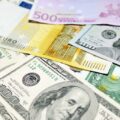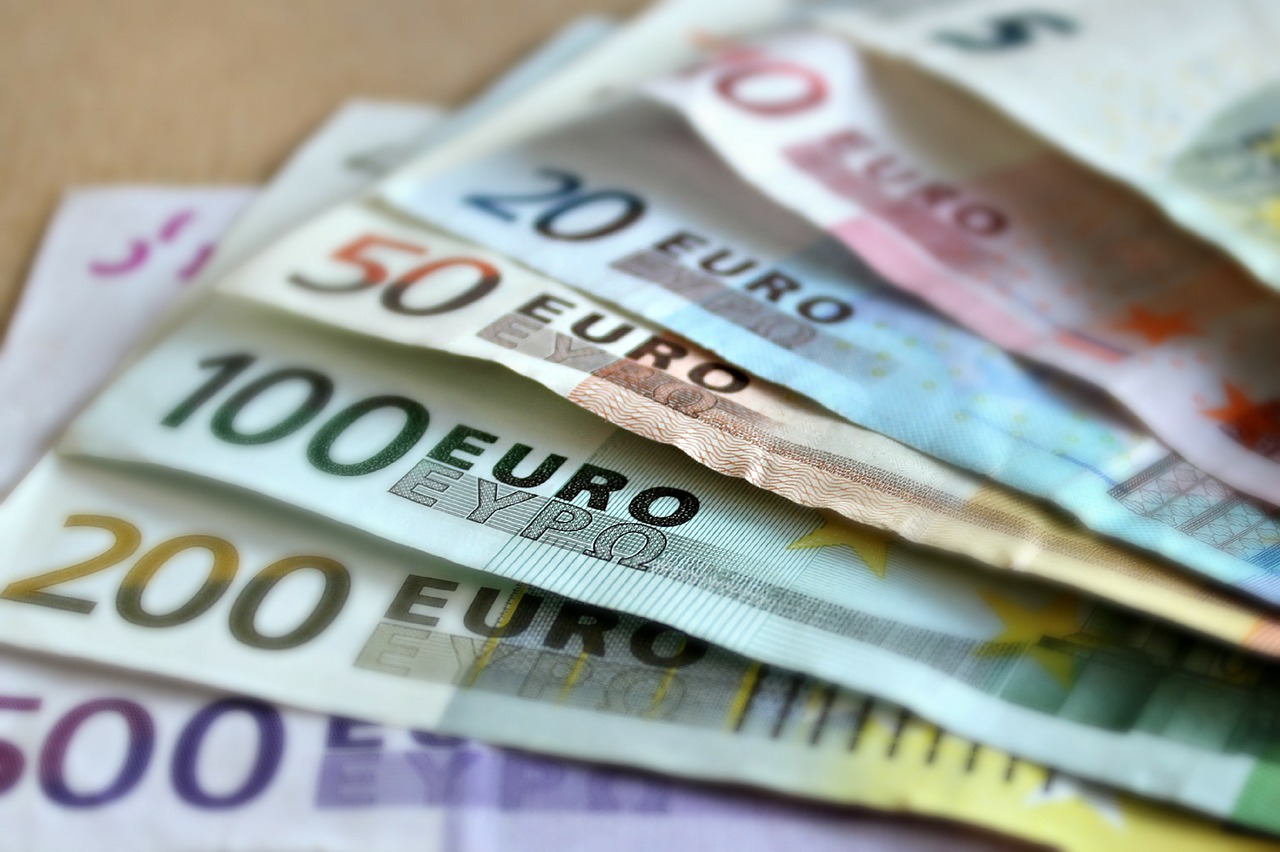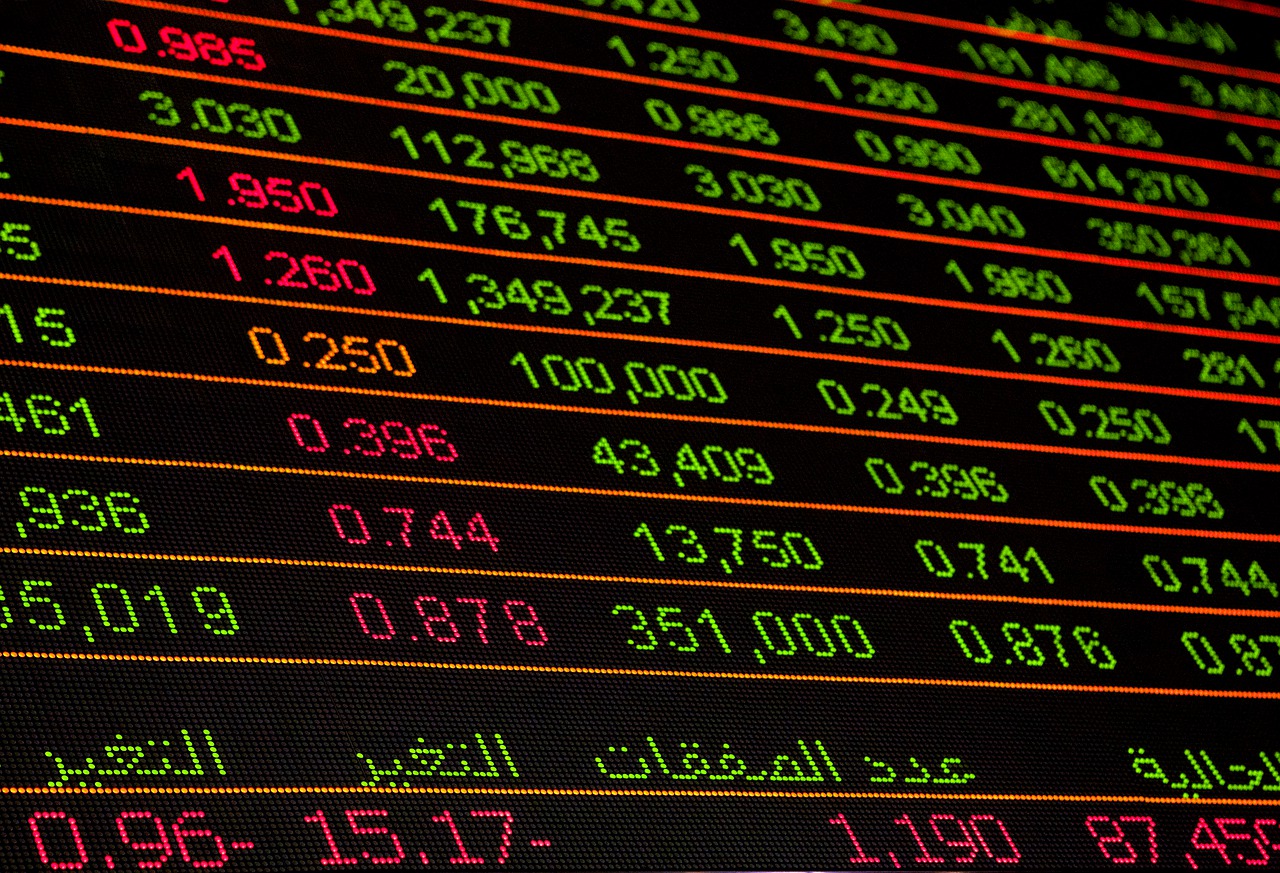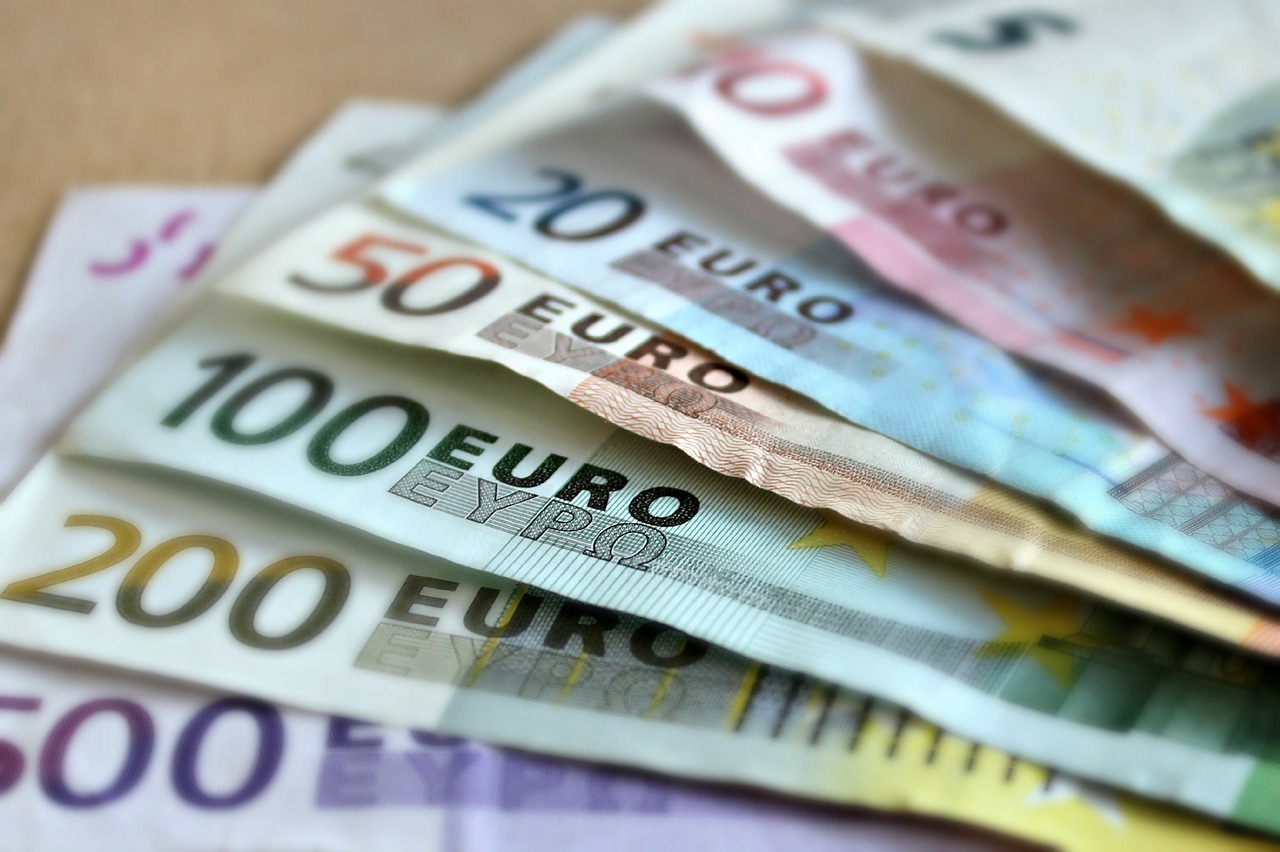Improved Risk Sentiment Gives Euro and Sterling a Boost

On Monday, both the British pound and euro recorded gains against safe-haven currencies, as global risk sentiment saw some improvement. The trading session was a quite one, primarily because markets in the United States were closed due to a holiday.
Currency gains
Gains in gas and oil companies on Monday saw the FTSE share index in Britain and European shares rally. As for markets in the United States, they were closed for Independence Day. The euro and sterling managed to gain some ground against the dollar, along with other safe-haven currencies like the Swiss franc and the Japanese yen.
There was a 0.2% increase in the euro, which saw it reach a value of $1.0440 against the US dollar. However, it was barely above the five-year trough that it had hit in May at $1.0349. Meanwhile, the British currency saw gains of 0.4% that saw it reach $1.2143, after it had come down on Friday to $1.1976, which was a low of two weeks.
Market analysts said that a quiet trading session to kick off the week had caused the greenback to weaken against most major currency, resulting in loss of gains made on Friday. There was also some optimism in the markets over reports that some Chinese tariffs may be eased by the White House later in the week for dampening the rising inflation in the country.
Recession fears
Nonetheless, the fears of the recession were not fully wiped out, as the euro was still trading near its five-year low value against the US dollar. The single currency has struggled a lot this year because of the Russian-Ukraine war and its economic fallout, including the increase in energy and food prices.
The euro has lost 8% against the greenback this year so far. The currency has also been weighed down due to the different responses to rising inflation from the US Federal Reserve and the European Central Bank (ECB).
Data gets worse
The economic data is only bringing bad news, as Friday’s numbers showed that inflation in the euro zone had managed to reach yet another record. This has added to the expectations that the ECB will increase interest rates this month, which would be a first in more than a decade.
According to market analysts, the euro will continue to see headwinds because the ECB is only expected to hike interest rates by 25 basis points, which is not very significant. The action is still moderate, as opposed to the 75 basis points hike that had come from the US Federal Reserve.
Moreover, other than the monetary policy issue, the ECB also has to consider other risk variables for the European Union, which are currently related to the energy sector.
The US dollar has remained elevated recently because of safe-haven demand, even though expectations of a rate hike by the US Federal Reserve have been scaled back somewhat. There are 85% chances of a rate hike of 75 basis points this month, as there might be a change in stance of the US Fed.



















